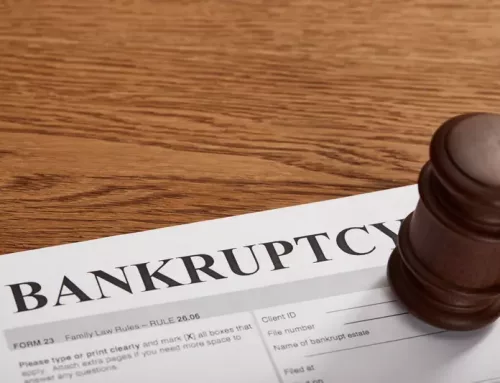What is the automatic stay?
Residents of Mississippi who file bankruptcy will be subject to a body of federal law called the Bankruptcy Code. If a person files a consumer bankruptcy to discharge mainly consumer and household debts, an automatic stay is issued by the Bankruptcy Court that immediately stops all collection activity against the debtor. In that situation, what happens to a loan account where the debtor has a co-signer or guarantor, such as a parent with good credit, who signed to assure payment of the loan?
Normally, the creditor is entitled to go after the co-signer even if there is an automatic stay forbidding collection against the primary debtor. The automatic stay does protect the co-signer in a Chapter 7 liquidation bankruptcy. However, if the debtor files under Chapter 13, which is essentially a payment plan, there is a “co-debtor stay” that protects the co-signer from collection activities.
The purpose for the co-debtor stay in Chapter 13 is that it is presumed that the loan will be paid in the Chapter 13 plan and the creditor will thus have no pressing need to go after the co-signer. However, there are exceptions to the co-debtor stay in Chapter 13. One of the main exceptions is where the Chapter 13 plan does not offer to pay the subject loan or where it intends to pay only pennies on the dollar.
In such cases, the creditor may appear before the Bankruptcy Court and request relief from the co-debtor stay. If the statutory requirements are met for any of the exceptions stated in the Bankruptcy Code, the court will sign an order authorizing the creditor to pursue collection against the co-signer. The only way to be certain what strategy can be followed in co-signer or guarantor situations is to obtain a consultation with an experienced consumer bankruptcy attorney. A seasoned bankruptcy lawyer in Mississippi will explain all of the options, rights, strategies and duties that may apply in the context of a co-signer issue in a potential bankruptcy filing.
Source: marinij.com, “Consumer tip for the week of March 15: Cosigning a loan is a risky business“, March 21, 2016








Connect with Us